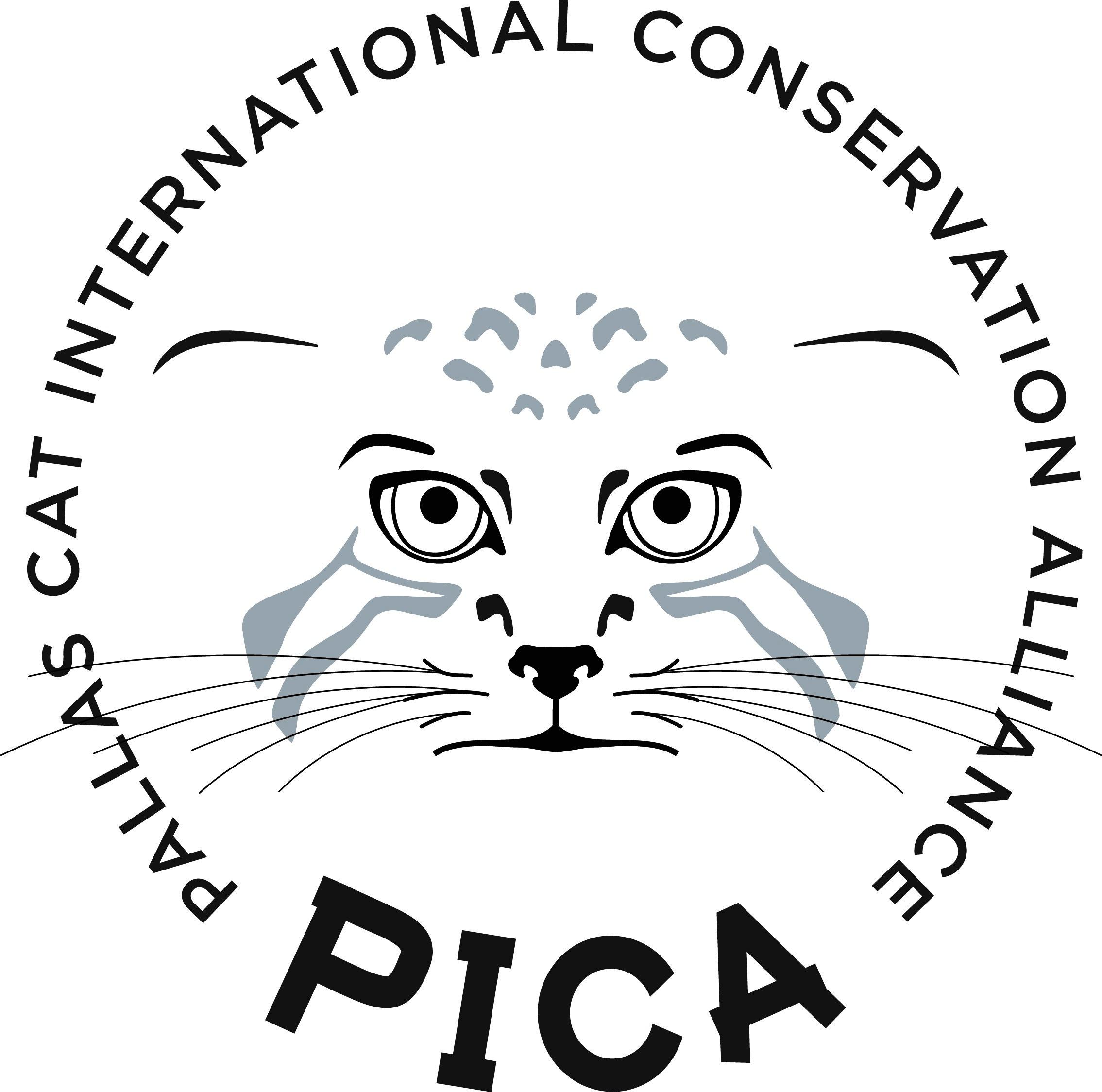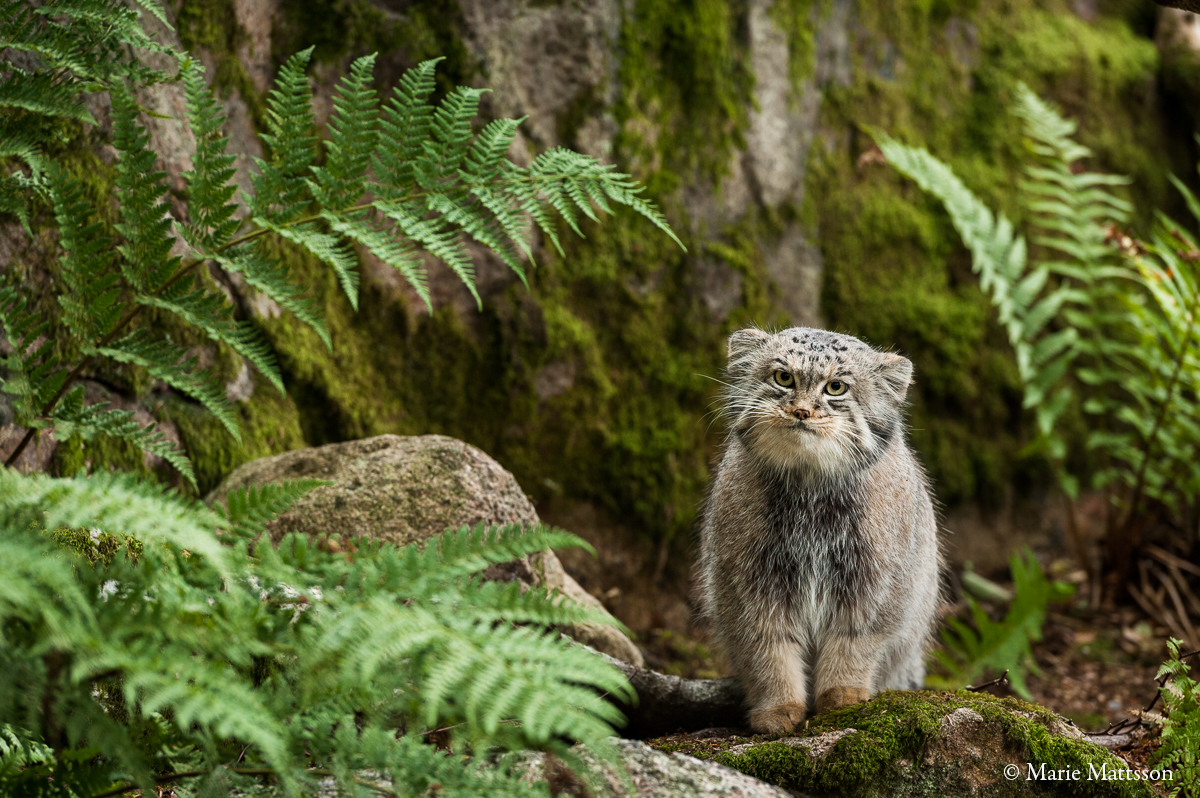Module 15:
Grant & Report Writing
An on-line resource for practitioners

About this module
Securing funding for conservation and research projects is never an easy process. It is highly competitive, bound by strict deadlines and often needs to follow specific requirements set by the funders. It can also be made more difficult when the focal species is lesser known, has a low threat status or when there is little reference data for the species as is often the case with Pallas’s cat (Manul). Even when projects are able to overcome the challenging application process and are successful in securing funding the work does not stop as the applicants must provide detailed reports, manage the project budget and deliver the projects objectives in line with specific timelines. When all of the above are carried out to a high standard it can lead to effective delivery of the project whilst evidencing a scientific and professional approach back to the funder, which could lead to continuation of funding and support.
The Pallas’s cat International Conservation Alliance (PICA) has experience of securing funding, report writing, managing budgets and long term delivery of grants for Pallas’s cat conservation and research. In addition to this PICA has also developed a small grant programme that provides funding and support to targeted conservation projects across the species range. Individually the PICA projects partners (Norden’s Ark, Snow Leopard Trust and RZSS) also possess a wide range of skills and experiences in the field of grant writing and reporting from decades of conservation project management across the globe.
This workshop has been developed as a tool to support conservation practitioners, researchers or students that are looking to develop their skills in grant writing and reporting. The workshop will provide tips, techniques, experiences and an open platform for targeted discussions

Lets get started…
Part 1: Funding
Part 2: Introduction to writing
Part 3: Formulating a vision or goal
Part 4: Practical Session
Part 5: Ten tips for grant writing
Meet the Resource Team
David Barclay
is the Ex-situ Conservation Manager for the Royal Zoological Society of Scotland. He specializes in felid population management, animal management and conservation.
Emma Nygren
is Head of Conservation Programs at Nordens Ark Sweden and is managing conservation programs both nationally and internationally. She is also the project manager for the Pallas’s Cat International Conservation Alliance (PICA).
Dr. Gustaf samelius
is Assistant Director of Science for the Snow Leopard Trust and is working with applied ecology and conservation of mountain ecosystems.
Dr Helen Senn
is the Head of Conservation and Science Programmes for Royal Zoological Society of Scotland where she is responsible for managing conservations work on 23 species in Scotland and around the world.
Katarzyna Ruta
is a Conservation Project Officer at the Royal Zoological Society of Scotland, where she supports the delivery of a variety of field-based conservation programmes
Celia Brady
Celia Brady has worked as a conservation fundraiser for a number of UK and Scottish charities over the past thirty years. She is now the Head of Development at the Royal Zoological Society of Scotland, where her team raises funds from grants, donations and corporate sponsors to support a range of conservation projects such as Saving Wildcats.
Congratulations for completing this on-line module!
If you have any further questions please do get in touch


